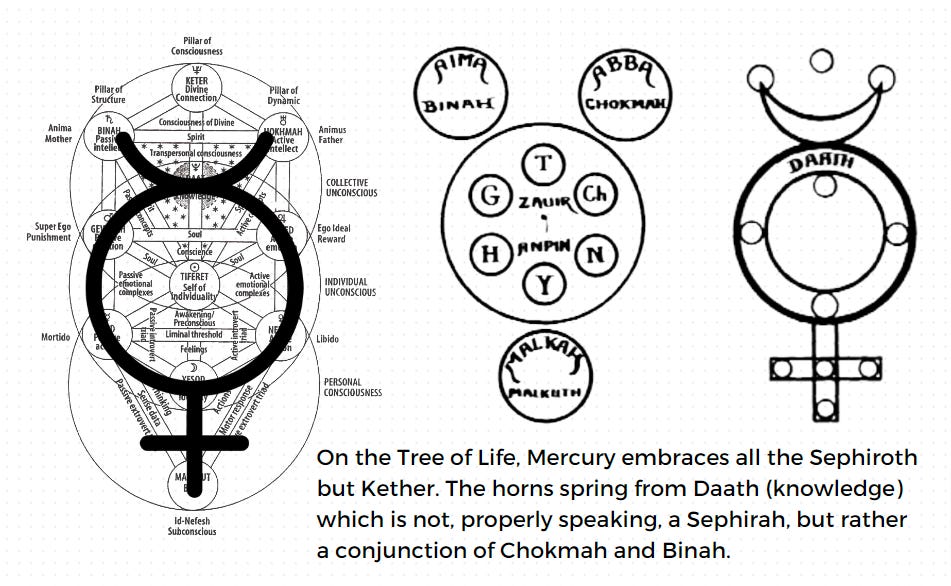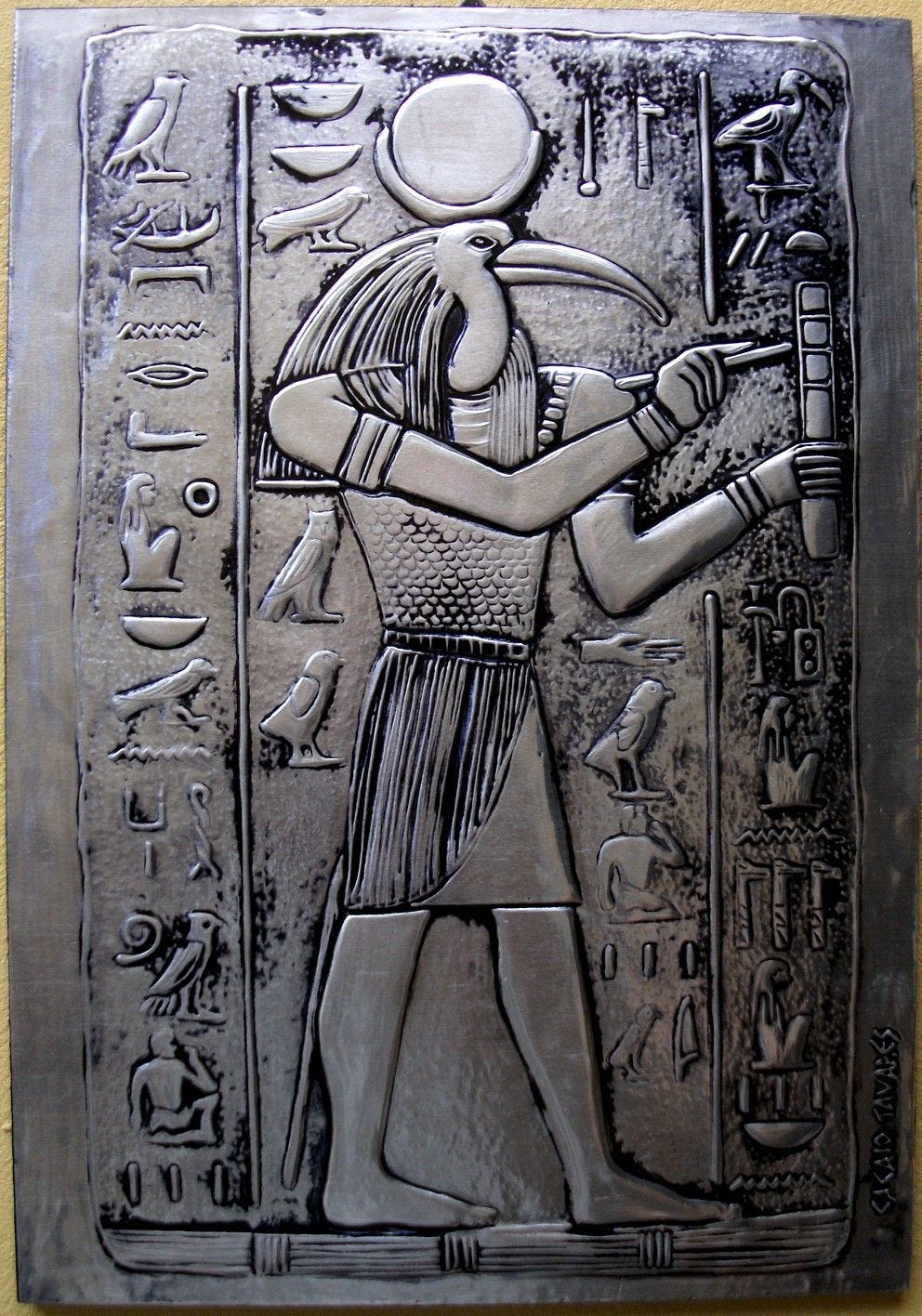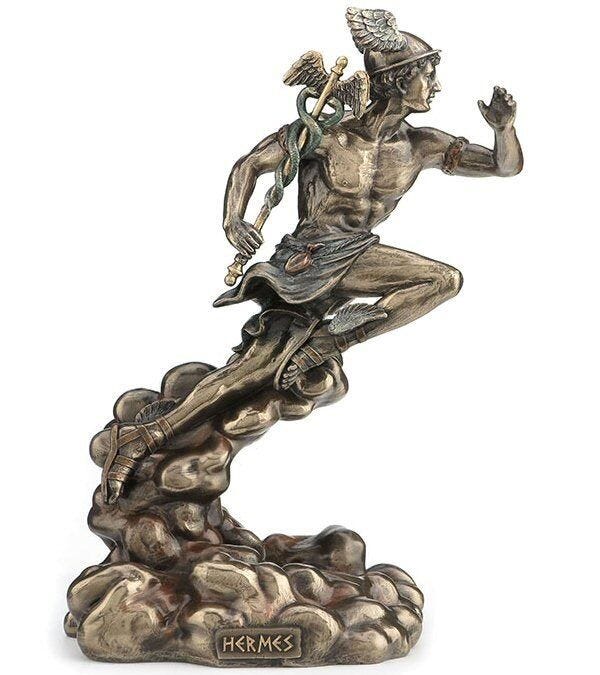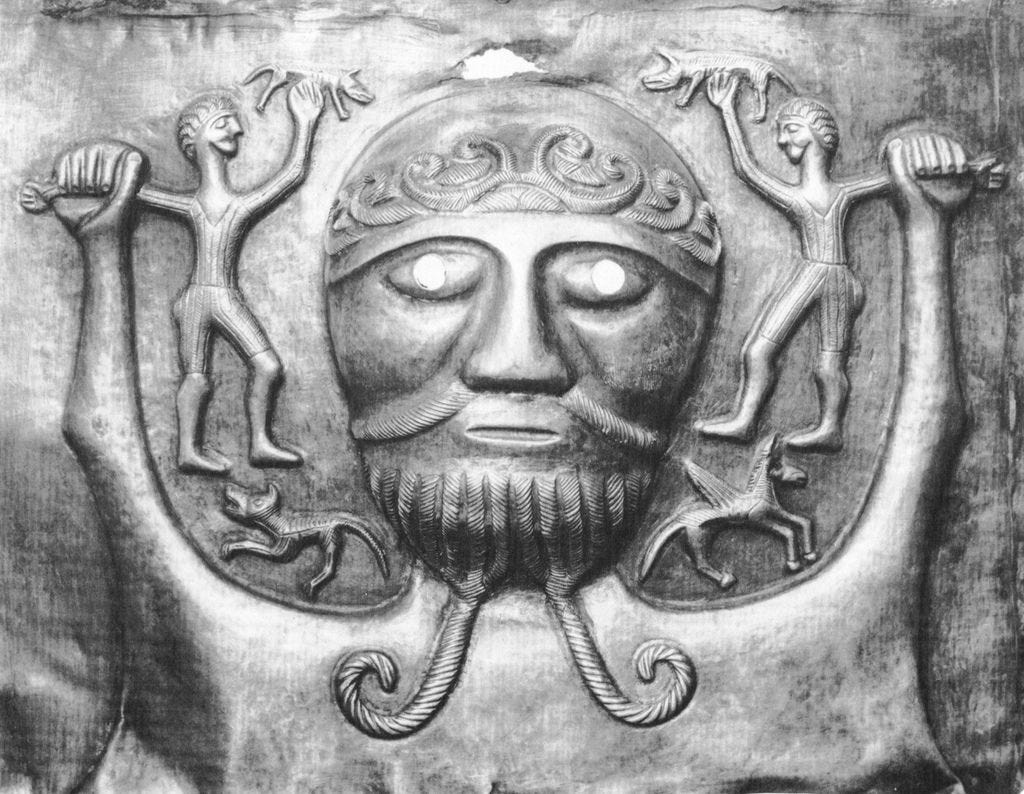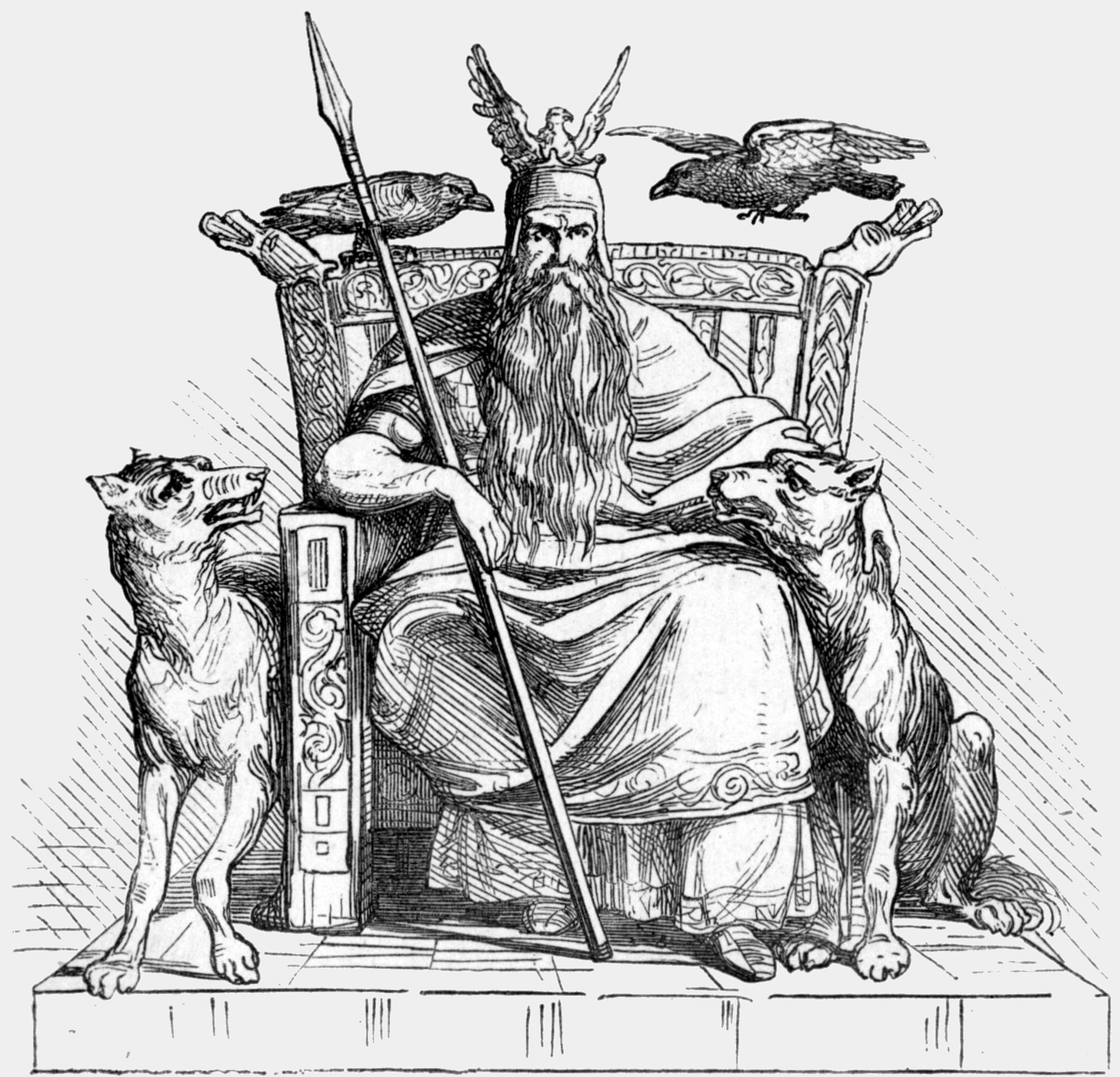Correspondences of Mercury and Mercurial Deities
Delving into the realms of ancient mythology, we encounter a diverse array of mercurial deities—gods and goddesses celebrated for their profound understanding of wisdom and intellectual pursuits.
Mercury, in the realm of astrology, holds sway over the conscious mind, encompassing thoughts, ideas, memory, communication, intellect, logic, abstractions, reason, language, learning, reading, writing, magical arts, awareness, perceptions, and expression. This celestial body governs the analytical and thoughtful aspects of the human mind, guiding our desire to communicate and articulate ideas. It represents the "left-brain" functions, driving us to learn, enhance our skills, create, and impart knowledge to others. Mercury's energy is characterized by activity, dexterity, quickness, unpredictability, and volatility.
With a duration of 88 days to complete a solar orbit, Mercury never strays more than 28 degrees from the sun. Considered an "androgynous" or "neuter" planet in astrology, Mercury is associated with qualities described as "cold" and "magnetic." Ancients designated Mercury as the ruler of the educational phase between the ages of 5 and 14.
In terms of human anatomy, Mercury governs the thyroid gland, brain, nervous system, sense of sight, respiratory system, tongue, and the organs of speech. It also influences the arms and hands, serving as instruments of intelligence and communication. Physical maladies linked to Mercury include nervous disorders, stress, overwork, headaches, memory loss, and respiratory impairments.
Objects aligned with Mercury encompass legal documents, books, monetary papers, images, writing tools, and anything associated with education and communication. The domain of Mercury extends to all flowing and veined substances.
Within the realm of magic, the days and hours ruled by Mercury find application in scientific pursuits, divination, eloquence, intelligence, business acumen, wonders, apparitions, writings, deceit, theft, and merchandise. Mercury claims dominion over Wednesday in the weekly cycle. The symbol of Mercury on the Tree of Life encompasses all Sephiroth except for Kether, with its horns emanating from Daath (Knowledge), a unique conjunction of Chokmah and Binah rather than a traditional Sephirah.
Hebrew Name: Kokab
Sephirah: Hod
Archangel: Raphael
Day: Wednesday
Planetary Intelligence: Tiriel
Planetary Spirit: Taphthartharath
Olympic Planetary Spirit: Ophiel
Metal: Quicksilver
Gemstones: Opal, fire opal, agate, serpentine
Incenses: Mastic, white sandal, mace, storax
Trees: Birch, aspen, mulberry
Herbs/plants: Marjoram, fennel, mandrake, lavender, caraway, dill
Animals: Jackal, ibis, ape, swallow, twin serpents
Mercurial Deities (Gods and Goddesses of Wisdom)
ENKI: The Sumerian deity, synonymous with the god Ea, assumes the mantle of the "Lord of the Earth" and stands as the supreme god of wisdom. Known as Ninigiku, signifying the "Lord of the Sacred Eye," Enki's dominion extends to the meticulous oversight of magical incantations. Often consulted by fellow deities, he not only serves as a source of oracular wisdom but also presides over the endeavors of humanity. As the patron god of artisans such as stone cutters, carpenters, and metalsmiths, Enki's influence extends into the creative and practical realms. Legend attributes to him the role of creator of the human race, shaping mankind from clay.
NABU: The Assyro-Babylonian god assumes the role of overseer of intellectual pursuits. As the divine scribe of the gods, Nabu inscribes the decisions of deities onto sacred tablets. With the ability to manipulate the duration of human existence, Nabu, declared secretary to the gods, is revered for the invention of writing alongside his wife, TASHMETUM. Depicted with chisel and engraving tablet, Nabu's emblem, akin to his father Marduk, features the serpent-headed dragon.
DJEHOTI (THOTH or TAHUTI): The Egyptian god emerges as the patron of wisdom, inventions, and various sciences. Djehoti, the divine scribe and record-keeper, claims credit for inventing arts and sciences such as geometry, arithmetic, astronomy, medicine, and more. Recognized as the world's first magician, Djehoti's followers revered him as Thoth, translated by the Greeks as Hermes Trismegistus, signifying his threefold greatness. Pictured with the head of an ibis, Djehoti holds the tablet and writing stylus emblematic of a scribe
.
SESHAT: Djehoti's spouse, the goddess of writing, record-keeping, and history, is acknowledged as "The Mistress of the house of books." Seshat, instrumental in temple founding and stellar navigation, is credited, alongside Djehoti, with inventing the alphabet. Depicted as a woman with a headdress featuring a star within a reversed crescent, Seshat holds the tablet and stylus of a scribe.
HERMES: The Greek god, equivalent to the Roman Mercury, serves as the messenger of Zeus. Tasked with conveying divine decrees to Earth, Hermes is a god of travel, commerce, and eloquence. Depicted with winged helmet and sandals, he wields the Caduceus, a winged staff entwined with serpents.
IRIS: A Greek messenger goddess, Iris personifies the rainbow and delivers orders from Zeus and Hera. With golden wings and occasionally winged sandals, Iris acts as a conduit between gods and humans.
ATHENE: The Greek warrior goddess, equivalent to the Roman Minerva, excels in both war and peace. A patron of the arts and intelligence, Athene's multifaceted roles include protector of industries, teacher of various skills, and healer. Clad in draping robes with a helmet, Athene holds a spear and shield, with the owl as her symbol.
ASCLEPIUS: The Greek god of light, medicine, and healing, is symbolized by a staff entwined with a serpent. His cult encompasses both religion and therapeutic practices, with priests possessing extensive knowledge of medical arts.
LUG: The Celtic god, known as the "many skilled one," boasts proficiency in various crafts, including carpentry, warfare, smithcraft, history, music, poetry, heroics, and magic.
ODIN: The supreme divinity of Teutonic mythology, Odin, combines elements of war and wisdom. A magician-god with eloquent speech, he is likened to the Roman Mercury. Odin's diverse attributes include mastery of poetry, shapeshifting abilities, and lordship over runes, depicted as a robust warrior on his steed Sleipnir.
In exploring these mercurial deities, we gain insight into the rich tapestry of wisdom woven throughout ancient cultures, each deity contributing a unique thread to the fabric of intellectual enlightenment.


